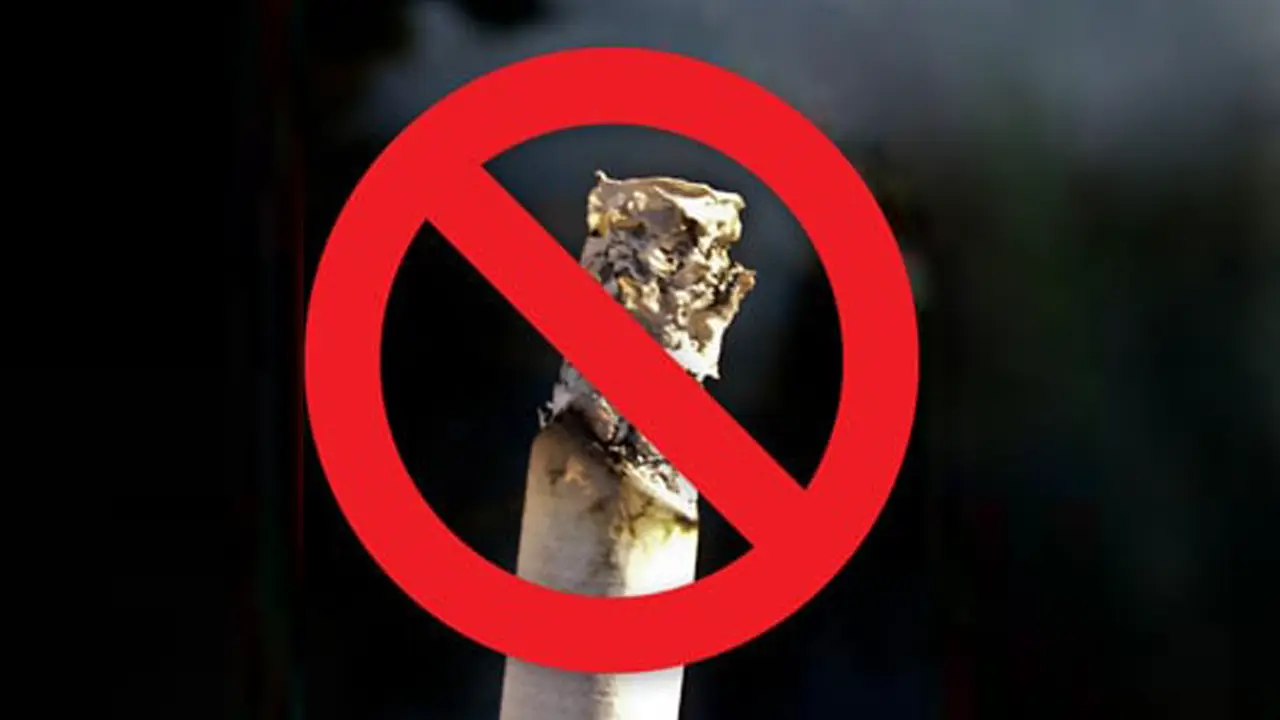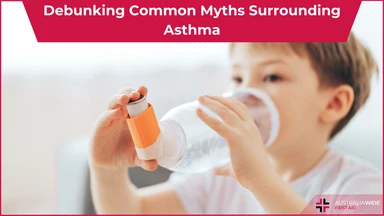Asthma and Smoking


Smoking ranks second as a major cause of premature death and illness in Australia, after obesity.
As well as having adverse health effects on people in general, smoking worsens asthma and reduces the effectiveness of medications.
Asthmatics who smoke often experience:
A person’s risk of developing chronic obstructive pulmonary disease (COPD) is also increased by smoking. For people with asthma, the COPD symptoms can overlap with asthma symptoms. This can result in a delayed diagnosis of COPD and more complicated management.
Emerging evidence also suggests that smoking may be associated with the development of adult-onset asthma.
Even if you don’t smoke directly, second-hand cigarette smoke can still be harmful. Cigarette smoke is a common trigger for those with asthma and should be avoided as much as possible.
Second-hand smoke can:
Evidence from epidemiological studies also suggests that exposure to tobacco smoke in early childhood leads to an increased risk of respiratory illnesses, including asthma. Exposure to tobacco smoke also aggravates pre-existing asthma in children, affecting tens of thousands of in Australia.
People with asthma can reduce the risk of worsening their asthma by avoid cigarette smoke as much as possible.
Ways to avoid cigarette smoke include:
People who try to quit smoking without help have a much lower rate of success than those who seek a helpline or doctor.
Some tips for quitting smoking include:
For more advice and information talk to a health professional or visit the Department of Health's How to quit smoking web page.
Information sourced from National Asthma Council Australia.
To learn more about first aid management for asthma, read Asthma Triggers and Asthma Plans.

October 2, 2013
In an asthma or anaphylaxis emergency you should know the symptoms, remove triggers, and know how to respond. Read on to understand these important aspects in the context of such an emergency.

May 7, 2024
Asthma, a chronic respiratory condition affecting millions worldwide, is often shrouded in myths and misconceptions. Despite how common it is, there is a distinct lack of common knowledge. This is leading to potential mismanagement and unnecessary anxiety for those living with asthma.

February 19, 2024
For many Australians, our city and outdoor lifestyles come with a hidden challenge – dust allergies. Dust mites, pollen, and other airborne particles can trigger allergic reactions, affecting a significant portion of the population.